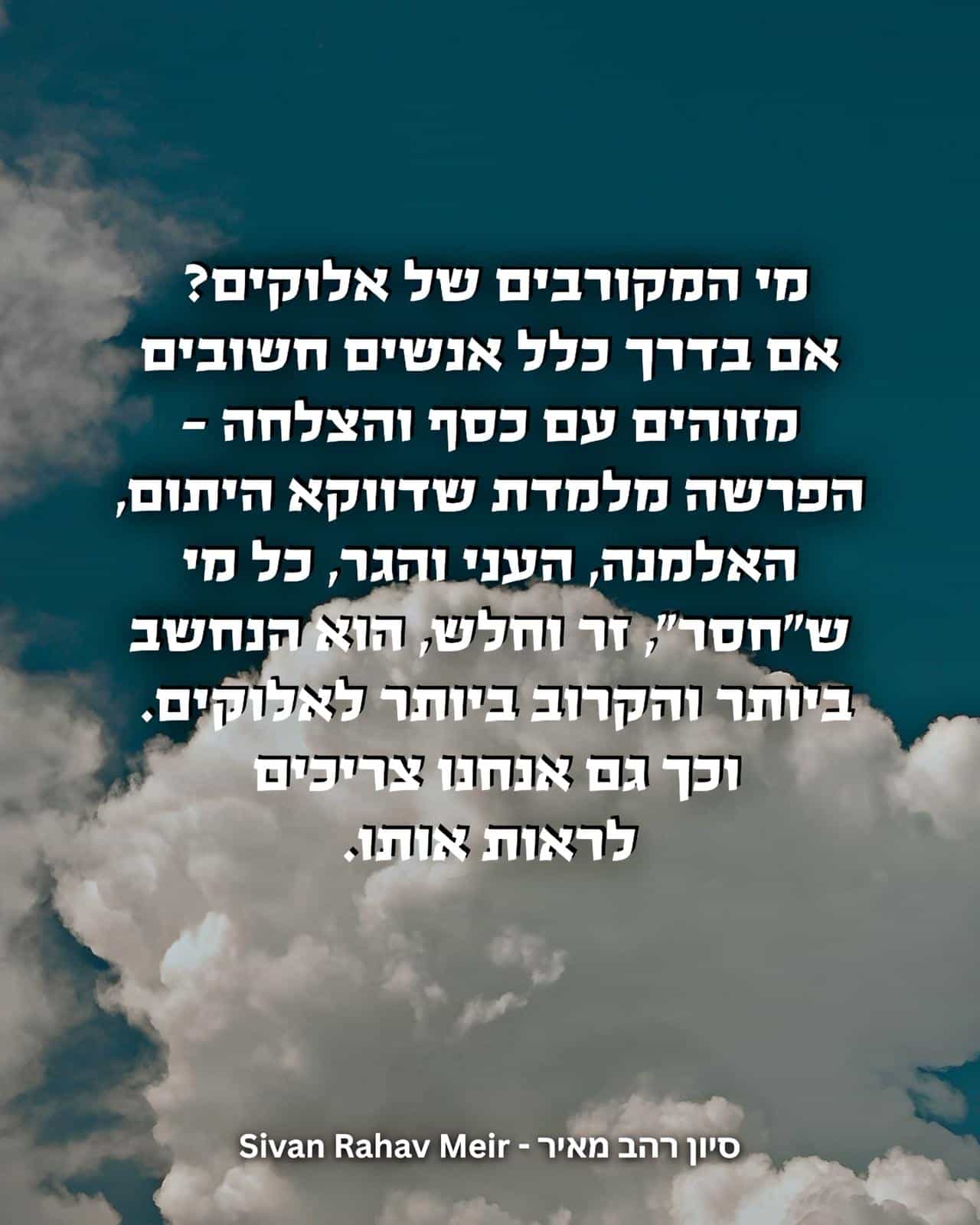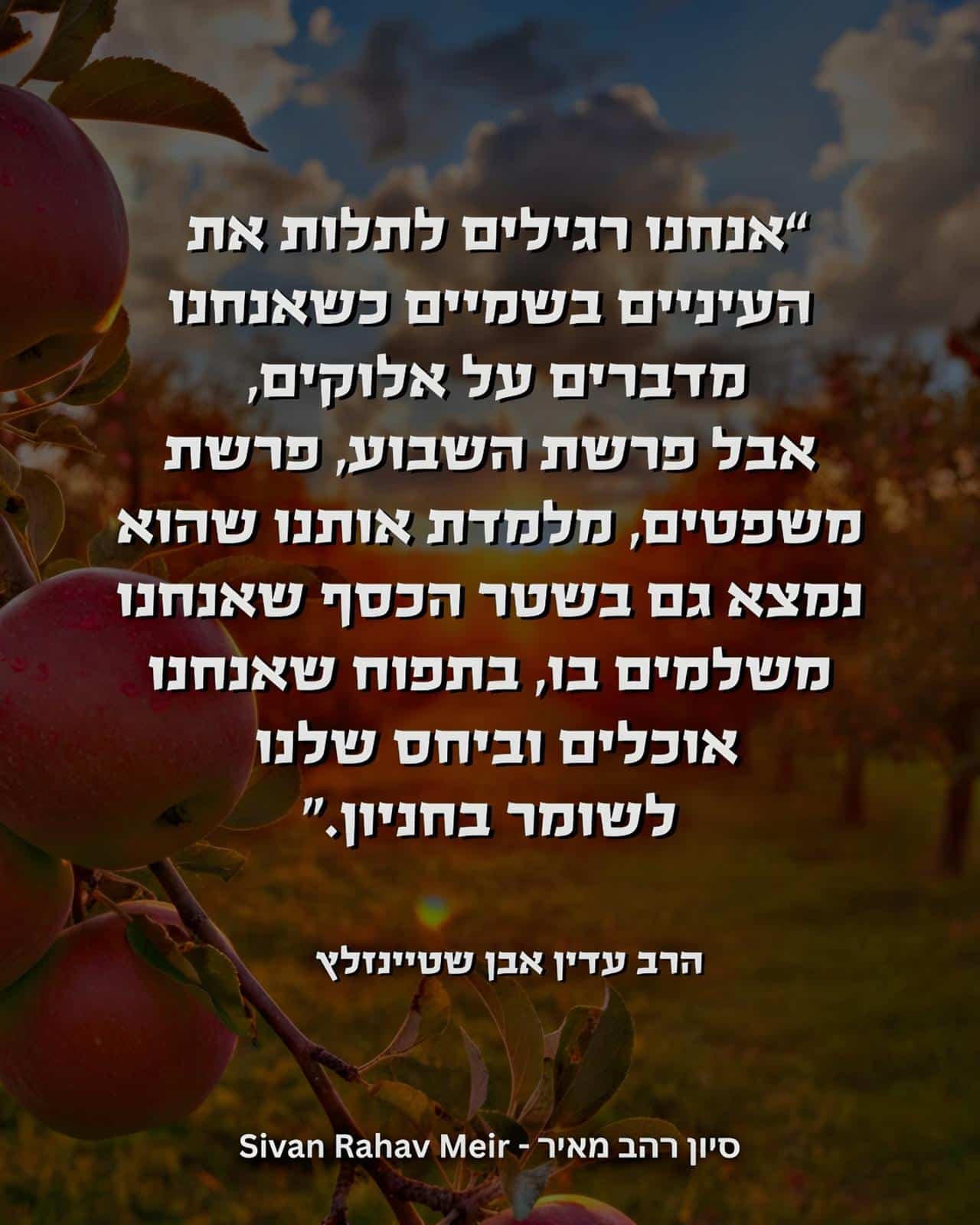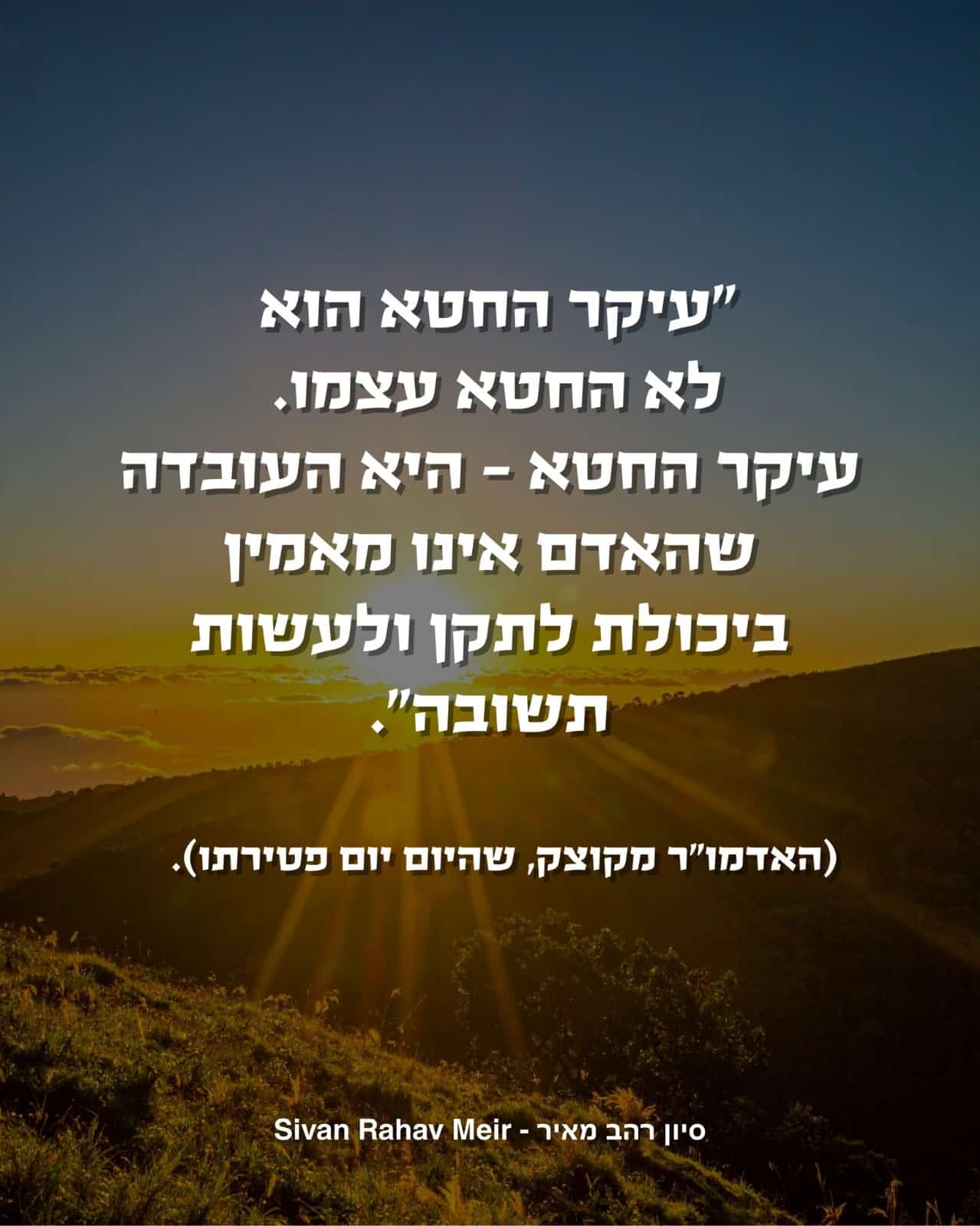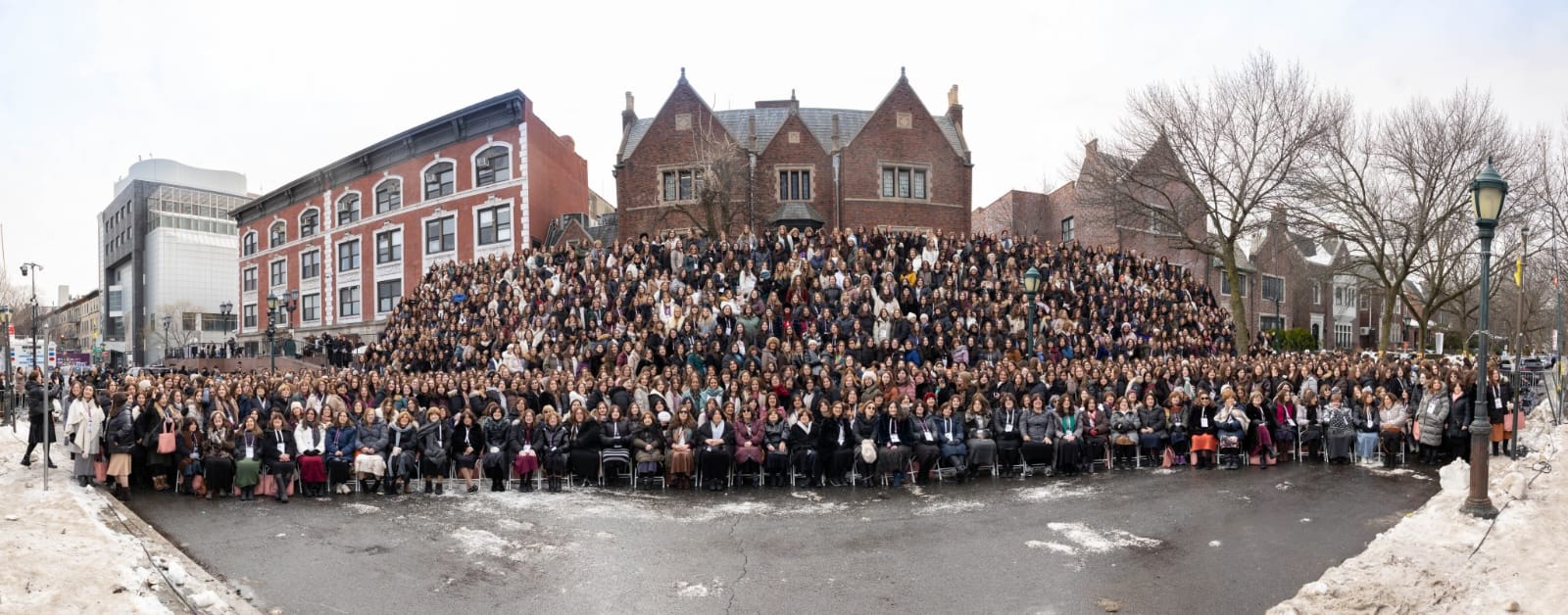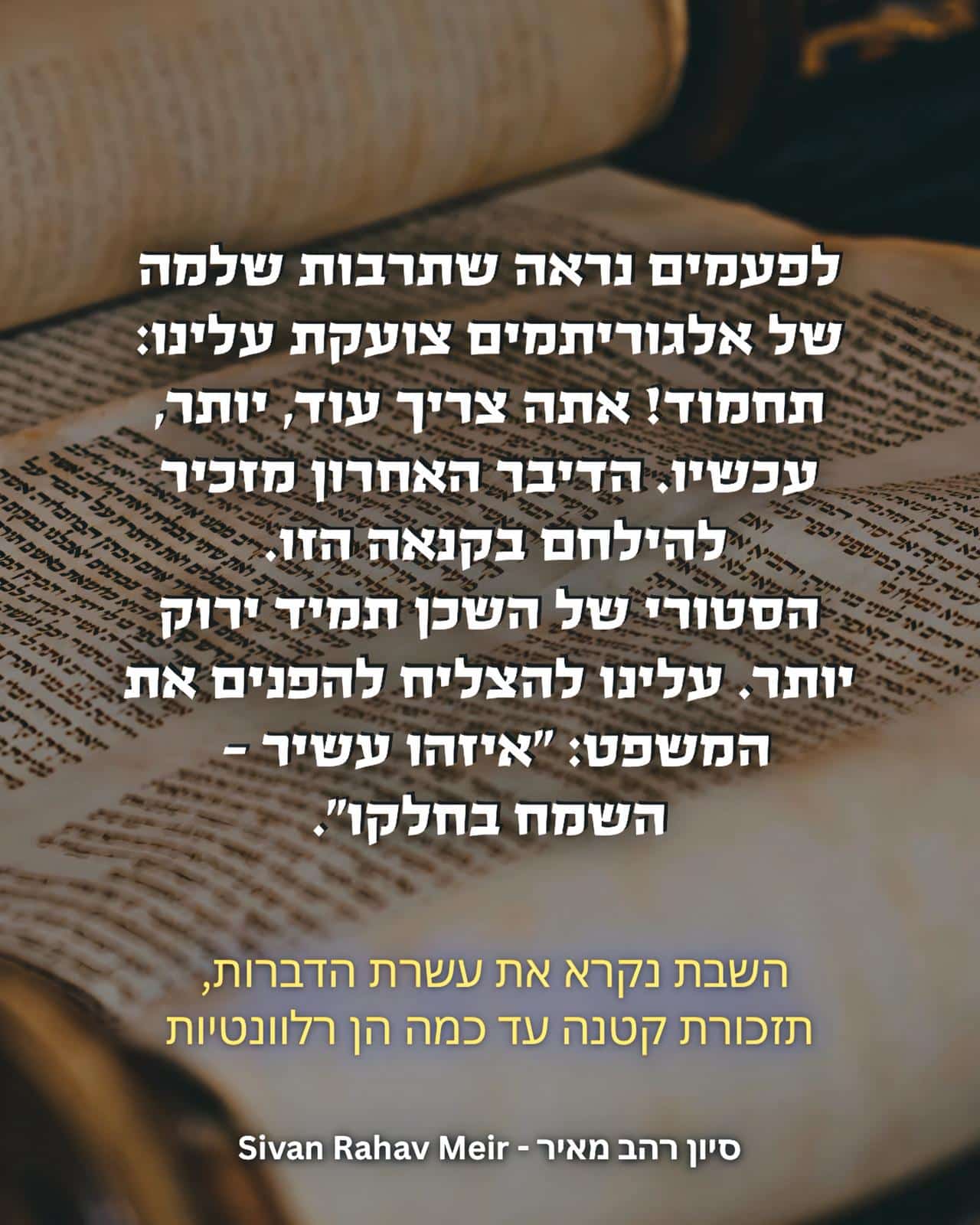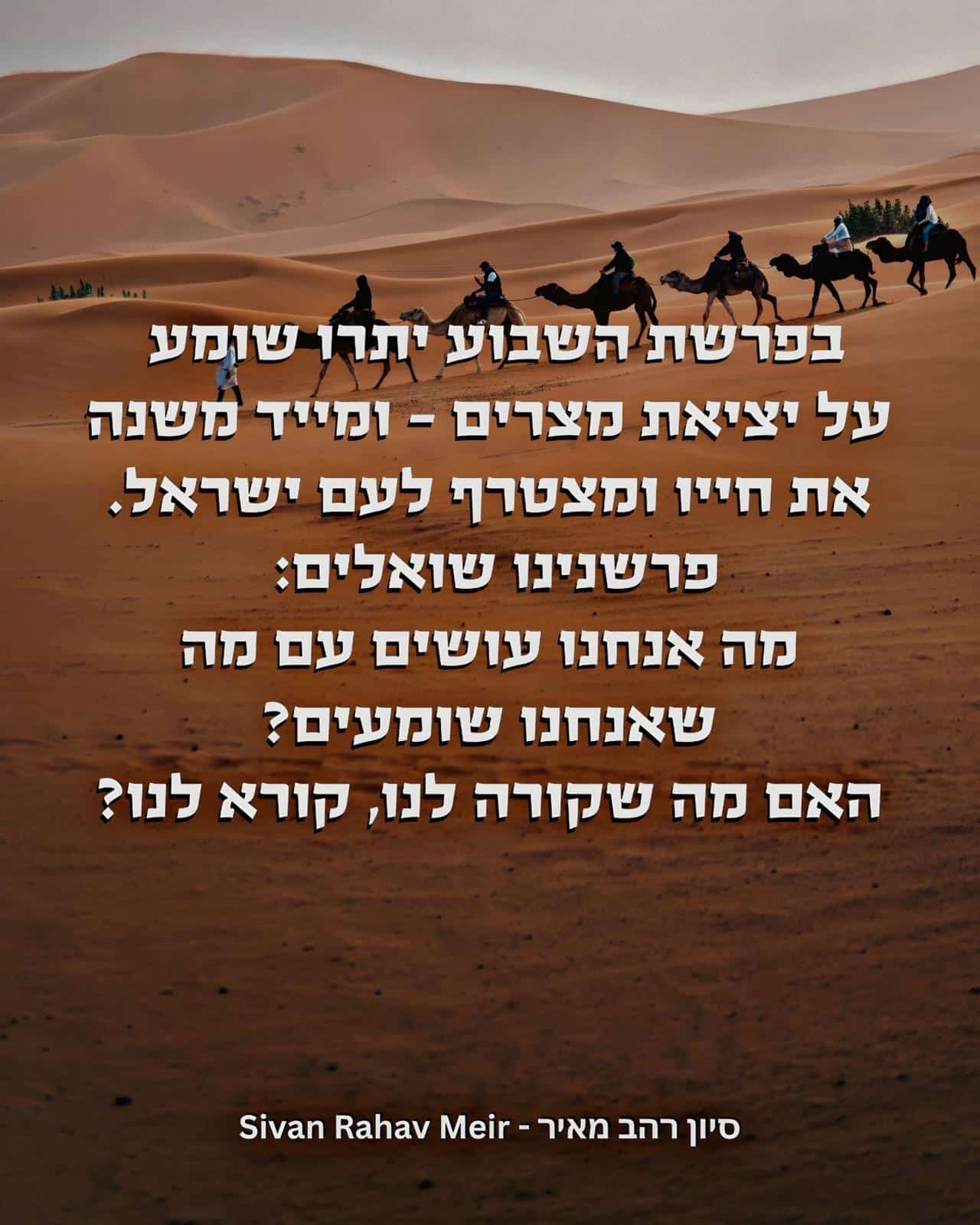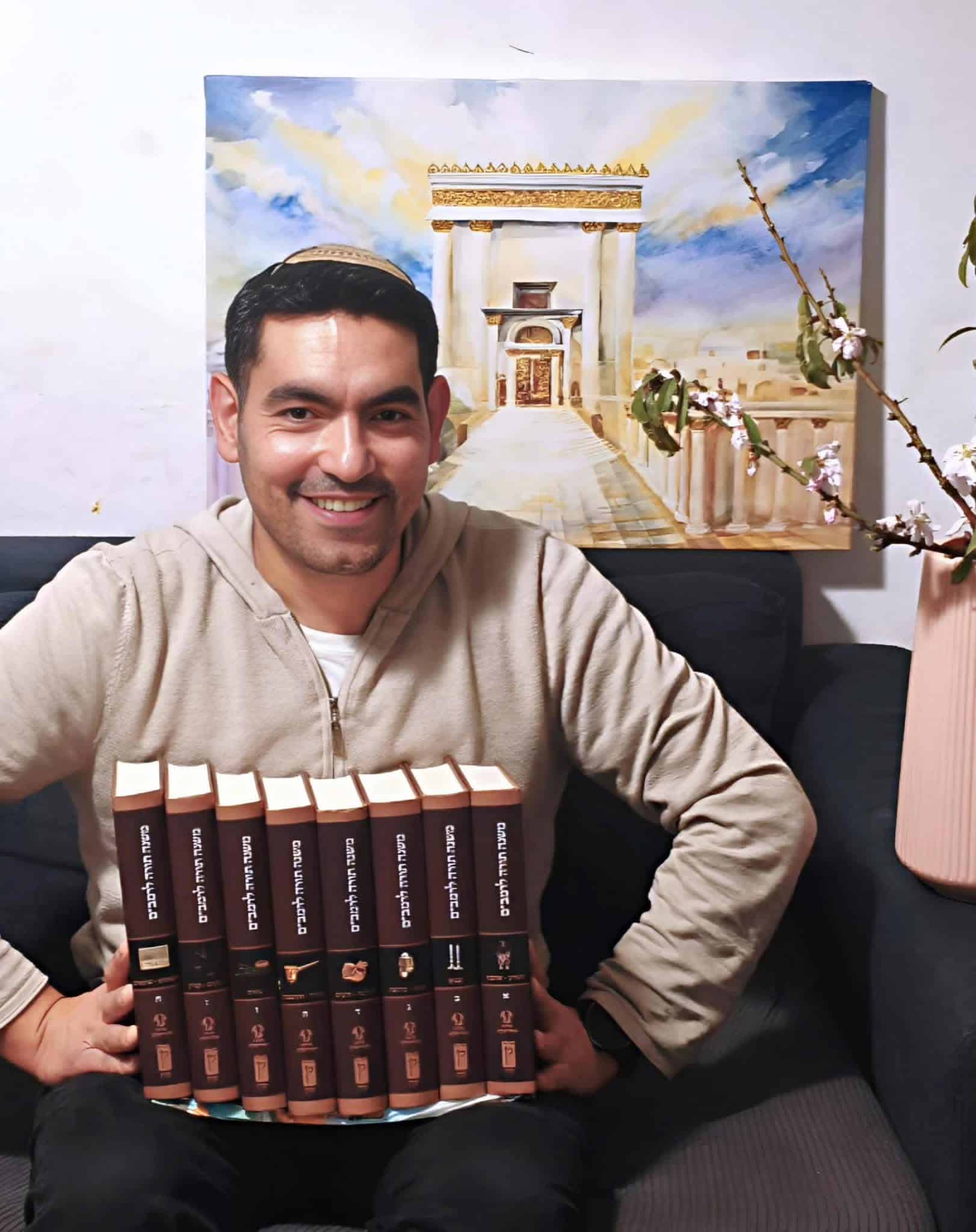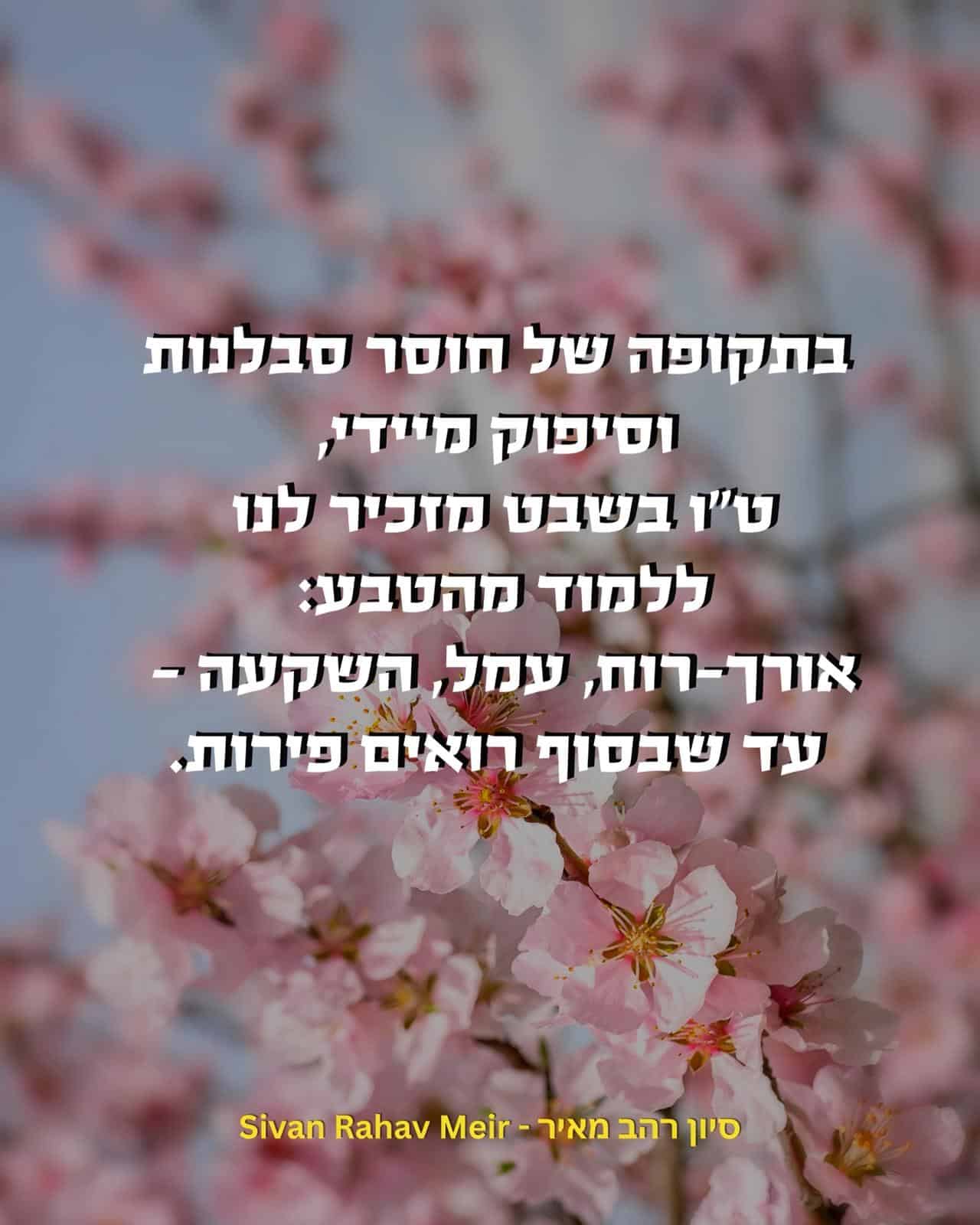Translation by Yehoshua Siskin
On the eve of Yom HaShoah (Holocaust Remembrance Day), hundreds of girls in the Nifgashot workshop interviewed, together with me, Holocaust historian Esther Farbstein. Her remarks included the following:
On being an adolescent during the Holocaust: "I was privileged to publish the diary of teenager Rivka Lifshitz, decades after it was written. From the ghetto, Rivka wrote to herself: 'The content of my life I cannot change, but I can change the tune.' This is a beautiful message and an important thought for us today as well. Sometimes things happen that we cannot control, but we can always determine the attitude we wish to adopt, the atmosphere we wish to create, and the tune we wish to sing."
On faith during the Holocaust: "Even King David turned to G-d and cried out: 'My G-d, my G-d, why have you forsaken me?' (Psalms 22:1). It's very natural to ask difficult questions, and sometimes not to ask questions is a sign of apathy. As believing Jews, we are sometimes left with a question, but there is a difference between questions addressed directly to the Holy One, blessed be He, and questions asked about Him from a place of distance and alienation. Moreover: the Holocaust makes us wonder not only about G-d but about us. Elie Wiesel once said: 'You ask where was G-d during the Holocaust, and I ask where was man.'"
On second-generation Holocaust survivors: "You need to understand that after the Holocaust a generation without a grandfather and a grandmother grew up here. On Shabbat, we would visit older women in the neighborhood just to feel like we had a grandmother. We adopted grandmothers for ourselves. When we first called my mother grandma after her first grandchild was born, it was incredibly exciting for us. In Israel today, we take for granted three and four successive generations. But you have no idea what a privilege this is, to build an uninterrupted Jewish legacy once again."


